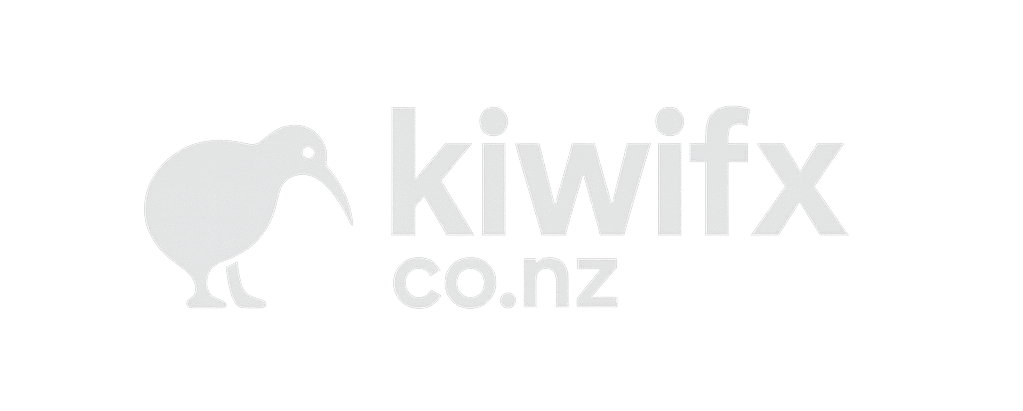Let’s be honest, the forex world can be a bit of a jungle. If you’ve been around long enough, you’ve probably heard horror stories of traders losing money, not just from bad trades, but from shady schemes that never gave them a fair shot in the first place. And yeah, even here in New Zealand, forex scams are a thing.
They’re not always obvious either. Some are slick, professional-looking, and even boast fake regulation logos that look legit at first glance. Others come in the form of “mentors” who promise riches in exchange for a few hundred bucks… or worse, access to your trading account.
So let’s cut through the noise. This isn’t some fear-mongering piece – it’s just what I’ve learned over the years, the hard way and the smart way, about staying safe in the forex space here in NZ.
1. The Most Common Forex Scams in NZ Right Now
Over the past few years, scammers have gotten a bit more creative. They don’t just copy-paste some dodgy website with poor spelling anymore — they run ads, post videos, and even mimic real traders.
Here are a few of the big ones doing the rounds:
1. Fake brokers
These platforms look real, offer “bonus deposits” and claim to be “globally regulated” — but try withdrawing your funds and you’ll hit a wall. It’s VERY important to look at the broker’s regulators (they’ll be listed on their website). Also look for where they’re from and avoid ‘high-risk’ countries; such as Africa or India.
KiwiFX has a very good relationship with Vantage Traders who offer ‘bonus credits’ for deposits. However, these guys are heavily regulated and widely trusted throughout the industry.. and that is the difference.
2. “Managed” accounts
This one’s big on social media. Someone messages you promising to trade on your behalf for insane returns – often 200%+ in a month. They’ll either ask for your login, or worse, get you to send crypto. It never ends well. Think about it; the best funds in the world might aim for 5-10% per month… and you’re going to put your money with someone who’s saying they can make 200%+ per month!? If they were that good, they’d not only be so wealthy that they don’t need to be promoting a service, but they’ll be on every headline as a market god.
3. Signals groups with upfront fees
Pay-to-enter signal groups that promise 90% accuracy and “guaranteed pips” are rarely worth it. A lot of them recycle signals from elsewhere, and when they blow an account, they disappear. If someone’s charging for signals, check their track record – real traders don’t just talk big, they show results.
4. Prop firm impersonators
We’re now seeing fake versions of popular prop firms like FTMO, MyForexFunds (RIP), or The5ers. They copy the websites and pretend to be offering challenges. Don’t ever send money unless you’ve triple-checked the URL and official domain. If in doubt, head to their homepage from Google, and reach out to their customer service.
2. Why NZ Traders Are Getting Targeted
Kiwis tend to be trusting — and we’re used to thinking financial regulation here is tight. But the forex world is global, and scams don’t stop at our borders.
Many fake brokers or signal sellers actively target New Zealanders because:
- We’re often trading at odd hours (London/NY sessions), so they know we’re online and reachable
- There’s less education here compared to the US or UK, so beginners are easier to manipulate
- Crypto is popular in NZ, making it easier for scammers to ask for deposits outside the banking system
It’s not your fault if you’ve been targeted — but it is your responsibility to know what to look for.
3. Red Flags to Watch For (from Someone Who’s Seen It)
Over the years, I’ve developed a bit of a radar for this stuff. Here’s what usually gives them away:
- Too good to be true: If someone’s claiming guaranteed returns, just walk away. No real trader talks like that.
- No transparency: You ask a question, and they dodge it or send you screenshots with “results.” Where’s the trade log? Where’s the broker name?
- Crypto-only payments: A big red flag. Real brokers give you options — bank transfer, card, even POLi.
- High-pressure tactics: If they’re pushing you to “get in now before the offer closes,” it’s a trap. Real trading isn’t a limited-time offer.
4. How to Protect Yourself (and Still Trade with Confidence)
You don’t need to live in fear. Most forex scams in NZ can be avoided with a few good habits:
- Use licensed or well-reviewed brokers that support NZ clients — ones that don’t just have regulation, but also strong reputations
- Google every name you come across — broker, trader, mentor, whatever. If they’ve scammed someone, there’s probably a forum or Reddit post about it
- Join a real community — Discord groups (like ours), local meetups, or even Reddit’s r/Forex can be great places to sense-check things before you commit
- Always demo first — whether it’s a broker, a signal, or a prop firm challenge, test it in demo. If they don’t let you? Run.
Final Thoughts
The forex industry isn’t a scam — but it’s full of them. And in New Zealand, we’re not immune just because we’re small or tucked away down under. If anything, that makes us easier targets.
But the good news is, once you learn the signs and trust your gut, it’s not that hard to avoid getting burnt. Stick to verified platforms, don’t rush, and remember — no one has a magic formula. If it looks too perfect, it’s probably a screenshot from Demo Island.
If you ever get sent something sketchy, feel free to drop it in our Discord. We call this stuff out all the time.
Stay sharp.
